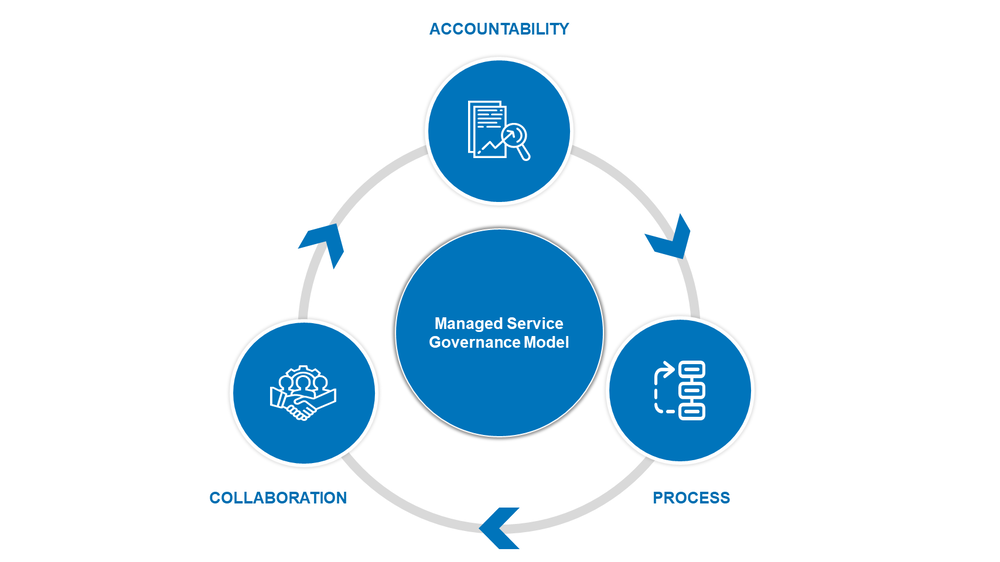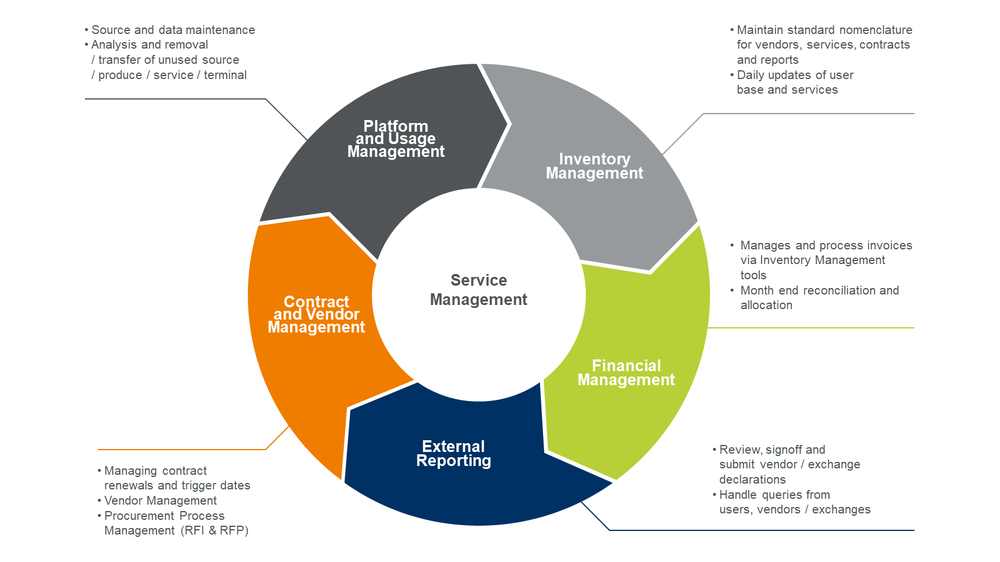Get notified of the latest news, insights, and upcoming industry events.
As financial institutions navigate today’s unpredictable economic and regulatory landscape, the pressure on risk and compliance operating models has increased. The adoption of managed services is on the rise as companies seek a smarter strategic response to be better organized to safeguard their business.
Given that the acceptance of managed services involves the transfer of a high level of control, determining when and how to adopt a managed service is key. Get it right, and the potential rewards are endless. In this article, we will explore best practices to ensure success from your managed service.
This three-part blog series explores the various challenges organizations face when utilizing a managed service and how to effectively overcome them. Many firms who fail to avoid these challenges result in having a poor experience with an expensive, low-quality service filled with miscommunications, billing disputes and strained business relationships with their service providers, stakeholders and clients. As both a provider and consumer of managed services, CJC has identified the top three critical challenges for businesses looking to engage with a managed service and how to best avoid them to ensure a cost-effective, workflow efficient and performance-optimized engagement. Let’s start with governance!
Governance 101
Governance is the key to a successful relationship between a client and a provider. Each party needs to clearly understand their roles and responsibilities and deliver against them. An agreed, structured and measurable service management model ensures that both parties are fully engaged and working towards a common goal. It can also be used to highlight any risks or barriers before they become an issue.
Your managed service governance model needs to cover the following:

Accountability
Parties should know what is expected of them and how they will be measured as well as understanding the impact of their work on the overall deliverables.
Process
Processes need to be clearly defined, documented and measurable with all parties agreeing to their role in the work. Processes also need to be reviewed regularly to ensure they continue to meet the stakeholders' requirements.
Collaboration
An effective managed service relies on open communication between the client and provider, both parties need to be able to provide timely honest feedback and be willing to work together to solve any challenges that may arise. It is also key that the managed service provider is considered a partner as their expertise can offer value to the wider organization when they are looking at strategy and change.
Continuous Improvements
A key strategy to ensure continued value from your managed service is the implementation of a continuous improvement plan, including cost and risk management. To maximize the effectiveness of services, each person who contributes to the managed service should keep continuous improvements in mind and use the agreed governance framework to raise their ideas.
To deliver continuous improvements, there also needs to be a structured approach to implementing the associated change so that it becomes part of the BAU of the managed service.

If you don’t follow the above best practice framework, the potential issues you can face are:
-
Increasing Costs - As you pay more for additional services that should have been included in the original scope, you may find your own staff covering what isn’t being delivered by the MSP.
-
Decreasing Value - The value you receive from the MSP can very quickly go from being time and cost-effective to a burden on the department.
Without defined controls a managed service engagement, scope and costs can quickly become unmanageable. CJC applies appropriate governance and control from the outset. This includes the production of a comprehensive “Statement of Work”, a detailed governance framework and a continuous improvement plan. Our internal management procedures constantly monitor the engagement to ensure quality of work, timeliness, and alignment to agreed objectives and costs.
Our focus is to provide the solution, introduce best practice, build and sustain long-term client partnerships and ensure no single point of failure. CJC’s collaborative approach provides the “best in class” practitioners across all aspects of the market data environment rather than to a finite number of resources. Our experienced practitioners understand your business and work together in a collective manner, appearing as one but leveraging the depth of many. As we become a trusted partner, our clients reap the benefits of a full Commercial Management team on an “as needed” basis.
Summary
While governance policies can be seen as bottlenecks to efficiency within any operating environment, this is not the case if they are efficiently designed and communicated within an organization.
For companies who do not have clear engagement and approval policies with their managed service providers defined at a contractual level, we strongly encourage you to design and implement internal governance policies as soon as possible or you may face hefty bills for additional services which could have been avoided.
In the next post, we will explore the difficulties in defining managed service requirements and how to avoid overlooking the complexity, size and scope of your needs.
Interested in finding out more? Get in touch with our experts to learn how we can help you build a secure and reliable managed service framework to reach your business goals!
Learn more about CJC Commercial Management
Get In Touch
your market data ecosystem!

